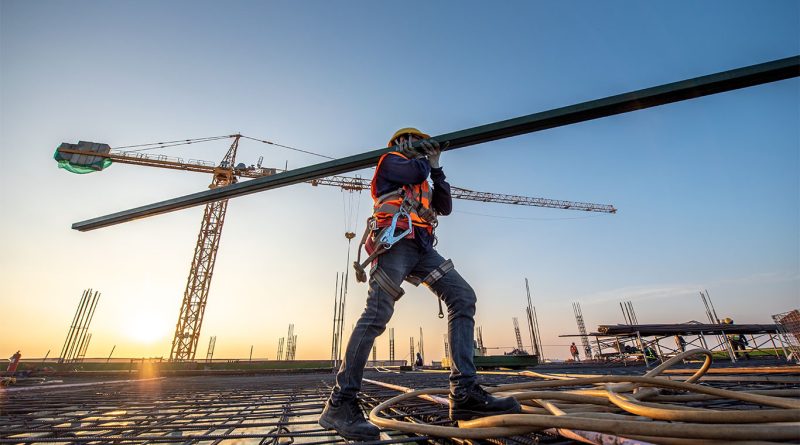How Denver’s Mayor is Cutting Long Delays in Construction Permits
Subscribe to our free newsletter today to keep up to date with the latest construction news.
When Denver Mayor Mike Johnston signed his first executive order, he made a bold promise: a complete reset of the city’s long-troubled construction permitting process. At the center of this promise is the newly established Denver Permitting Office, a centralized authority that will handle approvals across departments with the goal of dramatically reducing wait times.
The move comes after years of frustration from developers and builders who cited long delays and bureaucratic hurdles as key reasons for pulling back on Denver projects. In some cases, commercial permits were taking well over two years to receive approval.
A 180-day cap on waiting: what’s changing and why it matters
One of the cornerstone policies of the new office is a 180-day maximum approval timeline for building permits and site plans submitted together. This timeline marks a significant reduction from the current average of 260 days for large commercial projects and 271 days for major residential developments. In recent years, some reviews have extended past the two-year mark.
If the city misses the 180-day mark, applicants can now appeal to the Denver Permitting Office. Should the appeal take longer than 30 days to resolve, the city is required to refund up to $10,000 in permit-related fees. This financial accountability mechanism introduces a level of pressure previously absent in the permitting system and offers developers a form of recourse against delays.
The policy also includes service standards for communication. City staff are now required to respond to all development-related inquiries within two business days, addressing a long-standing source of friction between developers and city departments.
A coordinated approach: the role of project champions and leadership
Leadership of the Denver Permitting Office has been assigned to Jill Jennings Golich, formerly the deputy director of Community Planning and Development. Her new role includes overseeing interdepartmental coordination among agencies like Planning and Development, Fire, Parks and Recreation, Public Safety, and Transportation and Infrastructure.
One innovation introduced in the reform is the assignment of project champions to individual developments. These staff members will act as internal advocates, ensuring each project moves efficiently through the review process while maintaining oversight on cross-departmental collaboration. This new layer of project ownership is designed to prevent applications from getting lost in interagency limbo, a frequent issue cited by developers in past complaints.
Fast, responsive, and accountable: the communication reset
Slow or inconsistent communication has long plagued Denver’s permitting process. The new standard, requiring a response within two business days to all development-related inquiries, marks a significant cultural shift within the bureaucracy.
This responsiveness is critical not only for project momentum but also for retaining developer interest in a competitive real estate market. In the past, the lack of timely feedback contributed to developers walking away from projects entirely or moving them to neighboring jurisdictions with faster review systems.
Combined with the appeal-and-refund mechanism, these communication reforms are intended to rebuild trust between city planners and private developers while setting clear expectations for both sides.
National trends suggest Denver’s move is part of a bigger shift
Denver is not alone in addressing permitting bottlenecks. Across the country, cities are reforming how they process construction and zoning approvals in response to housing shortages, commercial development slowdowns, and growing frustration from the private sector.
In San Francisco, Mayor Daniel Lurie launched the PermitSF platform to centralize and track applications, implement a permitting shot clock, and extend office hours. Similarly, in Cleveland, Mayor Justin Bibb signed an executive order to modernize the city’s permitting systems, emphasizing departmental coordination and transparency.
These reforms reflect a broader trend toward digitizing and streamlining permitting systems, especially in cities struggling to meet housing demands and commercial growth targets. Denver’s effort places it among a growing group of municipalities treating permitting reform as an urgent economic development strategy.
If successful, Denver’s new permitting office could reshape the city’s growth trajectory. Faster approvals can unlock housing developments that have been stuck in limbo, support commercial real estate investment, and boost confidence among developers who may have been reluctant to pursue projects in the city.
Sources:
